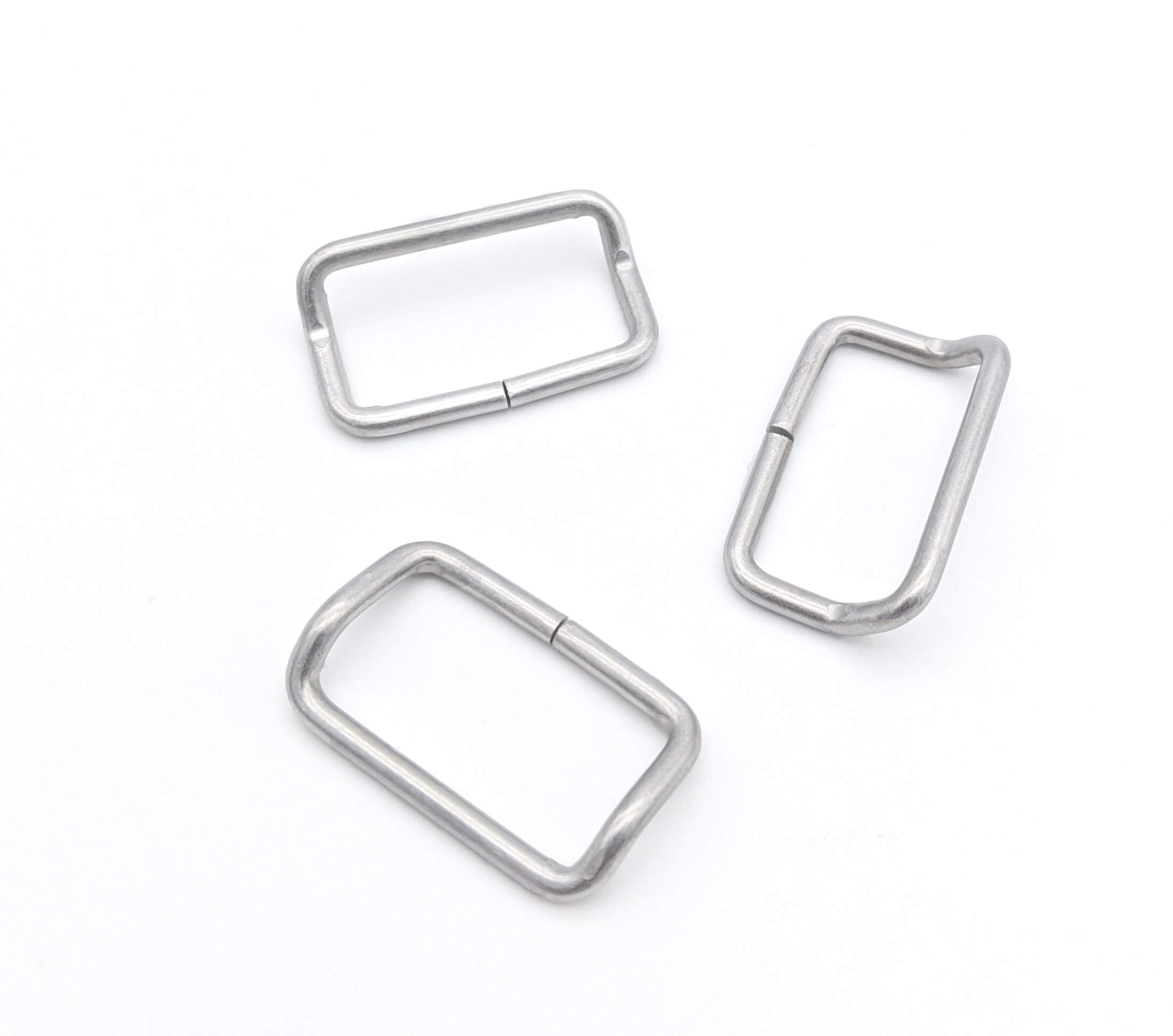Get unique, complex parts easily. No matter your requirements, Chaoyi Spring creates hard-to-produce coil springs and wire forms.
Let us help you create the custom wire form you need, from S-hooks and J-hooks to utility hooks and more.
We work closely with customers across a wide range of industries, helping them design and manufacture made-to-order parts.
Why choose Chaoyi Spring? We prioritize customer-focused collaboration, modern equipment and the latest technology to make your parts per print.
Find the information and guidance you need, from measuring a spring to learning about materials, placing an order and much more.
Garage doors are a common sight in many homes, providing convenience and security. But have you ever stopped to think about the intricate workings behind their smooth and reliable operation?


Garage doors are a common sight in many homes, providing convenience and security. But have you ever stopped to think about the intricate workings behind their smooth and reliable operation? At the heart of it all are tension springs, often overlooked but crucial components that ensure the safe and efficient functioning of your garage door. This article delves into the world of tension springs and their vital role in garage door systems, exploring their types, functions, and why they should be taken seriously for both safety and performance.

Tension springs are essential for balancing the weight of a garage door, making it easier to open and close. They create a counterweight system that offsets the door's weight, reducing the effort needed to lift or lower it. Imagine trying to open a heavy garage door without these springs – it would be a Herculean task, not to mention a potential safety hazard.
These springs come in various sizes and types, each designed to accommodate specific door weights and configurations. For example, torsion springs are typically found in heavier garage doors, often mounted above the door opening, while extension springs are more common in lighter doors and are usually attached to the sides of the door track.
Now, let's dive deeper into the two main types of tension springs used in garage doors:
1. Torsion Springs: These powerful springs are usually made of high-grade steel and are coiled around a metal rod, typically located above the garage door opening. They store energy as they are wound and release it as the door is lifted, providing the counterbalancing force.
2. Extension Springs: These springs are usually located on the sides of the door track and are extended when the door opens, providing the counterbalancing force. They are generally less powerful than torsion springs and are often used in lighter garage doors.
The importance of tension springs in garage doors cannot be overstated. They are crucial for both safety and performance, ensuring smooth operation and preventing potential accidents. Here's why:
Safety: Proper tension in the springs is essential to prevent the garage door from suddenly falling down. If a spring fails or is improperly adjusted, it can cause the door to crash to the ground, potentially causing injury or damage.
Performance: Well-maintained tension springs ensure smooth and effortless opening and closing of the garage door. They reduce the strain on the motor, increasing its lifespan and preventing premature wear and tear.
Just like any mechanical component, tension springs require regular maintenance to ensure optimal performance and longevity. Here are some key points to remember:
1. Regular Inspections: It's recommended to inspect your garage door springs at least once a year, looking for signs of wear, tear, or corrosion.
2. Lubrication: Apply a high-quality lubricant to the springs to prevent rust and friction, which can lead to premature wear and tear.
3. Professional Maintenance: For optimal safety and performance, it's crucial to have your tension springs professionally inspected and adjusted by a qualified technician every few years.
If you notice any of the following signs, it's likely that your tension springs need attention:
1. Squeaking or Grinding Noise: This often indicates wear and tear or lack of lubrication in the springs.
2. Uneven Door Movement: A garage door that opens or closes unevenly or with a jerky motion could be due to an issue with the springs.
3. Door Falling Down Suddenly: This is a clear indication of a broken or malfunctioning spring. It's crucial to avoid using the garage door and contact a professional immediately.
Tension springs play a vital role in the safe and efficient functioning of your garage door. Taking them for granted can be dangerous, leading to potential accidents and costly repairs. It's essential to prioritize their maintenance and have them inspected by a qualified professional regularly. By doing so, you can ensure the longevity of your garage door system and protect yourself and your family from any potential hazards.
Remember, tension springs are the unsung heroes of your garage door system. Taking care of them is an investment in safety, performance, and peace of mind. Don't neglect their importance – a little preventive maintenance can go a long way in ensuring your garage door remains a reliable and convenient part of your home for years to come.
Browse some of the custom wire forms and springs that we manufacture. Don’t see what you need? We specialize in made-to-order products that meet your application requirements.
Visit Our GalleryNeed a custom wire form or coil spring? We make it work. Fill out the contact form and a representative will respond within 1 business day. If you have a PDF or CAD file, you can submit to request a quote.